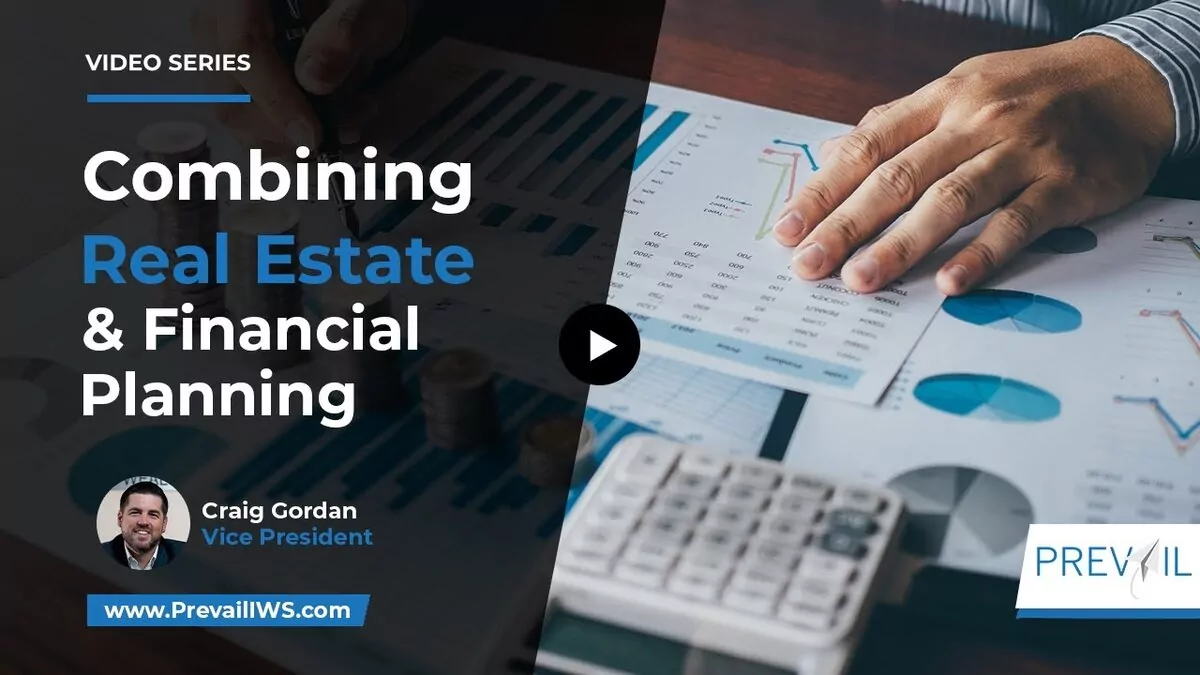In the complex realm of financial planning, it is crucial to embrace multiple asset classes for a diversified and robust portfolio. One such asset class that often gets overlooked by traditional firms, but holds immense potential for wealth generation, is real estate. In this blog post, we delve into the benefits of incorporating real estate expertise into your financial planning strategy, and why it might just be the key to building a solid foundation for your wealth.
Real Estate: A Dynamic Asset Class
Real estate, as an asset class, has a long-standing track record of creating wealth over time. Its value proposition doesn’t stop at the historical ability to generate wealth. The dynamism and versatility of real estate as an asset class are worth examining.
Non-correlated to the Market
One compelling aspect of real estate is that it is non-correlated to the market. This means it doesn’t necessarily move in tandem with the stock market’s ups and downs. Instead, real estate has its unique return profile, providing stability to your portfolio during turbulent market periods.
Tangible Asset with Value
In contrast to many financial assets, real estate represents a tangible asset that you can see, touch, and use. This tangibility not only gives many investors a sense of security but also ensures that the asset has intrinsic value – it can be bought and sold based on its own merits rather than the whims of the market.
Income Generation
Most real estate, particularly those we are involved in, produces passive income. This income generation aspect is significant because it allows you to generate cash and liquidity without having to sell the underlying asset. This creates an ongoing source of revenue, supplementing your other income streams and contributing to overall wealth accumulation.
Incorporating Real Estate into Your Financial Plan
The compelling features of real estate make it a crucial cornerstone in a well-rounded financial plan. However, surprisingly, many firms overlook this asset class, especially in the form of private, off-market real estate.
More than Just REITs
Some firms might argue they incorporate real estate through Real Estate Investment Trusts (REITs). However, REITs, being a securitization of real estate, tend to mirror the market more than direct real estate investments, undermining the non-correlated benefit we highlighted earlier.
Real Estate as a Cornerstone
Given our belief in real estate as an asset class and our hands-on experience as investors in real estate, we strongly advocate for its integration into the broader financial plan. We view real estate not just as an add-on, but as a cornerstone of the financial planning process, complementing traditional portfolio management and investment securities.
Final Thoughts: Your Wealth Strategy
Bringing together real estate expertise with financial planning opens up a pathway to diversify your portfolio and create a sturdy foundation for wealth. This approach, rather than looking at each investment in isolation, evaluates how each component, including real estate, contributes to the overall wealth strategy.
With our dedication to blending real estate expertise with financial planning, we can help you navigate the complexities of these two realms and build a resilient and robust portfolio. By incorporating real estate into your financial plan, we ensure that your portfolio is poised not just for wealth preservation but for wealth creation over the long term.
Ready to experience the benefits of combining real estate expertise with financial planning? Contact us today to start your journey towards comprehensive, well-rounded financial planning.


















